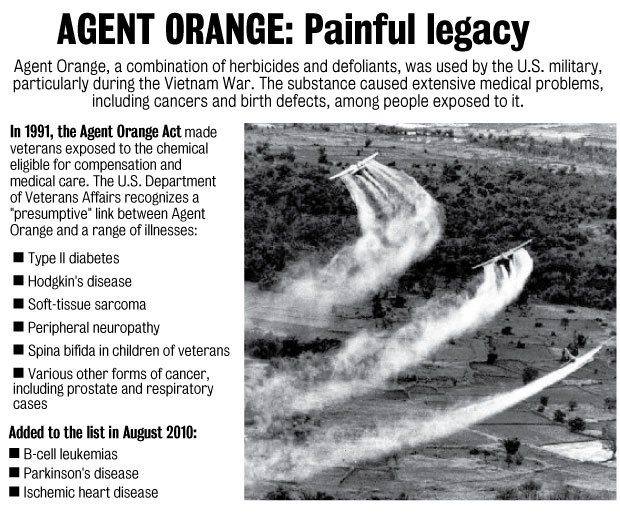
Throughout
the years, Vietnam has been trying to redevelop and re-brand itself, its
people, economy and national aesthetics through many methods. One of these methods
is transnationalism
and globalization. Vietnam has been accepting foreign help
to redevelop itself. Through the Trans-Pacific Partnership (TPP), Vietnam would
be able to further the redevelopment of itself after the damage from the
Vietnam War with the help of foreign countries. At first, the TPP seems like a
good idea where it’s a partnership that allows many people to work together for
the better of the country. However, that does not seem like the case. In Mel
Gurtov’s “The Trans-Pacific Partnership: A Deeply Flawed Partnership,” Gurtov talks
about how the TPP is trying to form a new kind of bill that does not serve the
human interest. The TPP does not take into consideration of human interests, as
well as benefitting the countries that it is “supposed” to help. Gurtov states
that this partnership does not provide hard evidence of environmental
protection, considers profits over human rights, and considers globalization as
a competition for the top. The U.S. government believes that the U.S. is the
leader and that everyone else will follow suit. The TPP does not benefit anyone
except the people running the show. There is no point in a partnership if the
partnership is just a fraud that only benefits one side and not the other.
Vietnam would not be able to benefit from the TPP if the TPP is meant to help
companies against competition and not help the people and the country redevelop
itself for the better.

Through
the TPP, Vietnam hopes to receive help from foreign countries, possibly the
West, to help with the redevelopment of itself; however, how could Vietnam look
at the U.S. the same after the terrible aftereffect of the Vietnam War. In
Marjorie Cohn’s “Agent Orange: Terrible Legacy of the Vietnam War,” Cohn talks
about the horrors of the aftereffects of the U.S.’s using of Agent
Orange
during the Vietnam War. The U.S. got itself involved in the war and decided to
use Agent Orange to help the military. However, Agent Orange was more dangerous
than they thought. Many people suffered from the chemicals of Agent Orange.
Vietnam is still willing to partner with the U.S. for its redevelopment, hoping
that the TPP would play a role in its redevelopment. This goes to show that if
a country is desperate enough to redevelop itself, it is willing to receive
help from anyone, no matter the history between them.
Question: Does the TPP actually benefit Vietnam in any
way, or at least help in its redevelopment? Has there been any progress with
the victims of Agent Orange?
Work Cited:
Cohn, Marjorie. “Agent Orange: Terrible
Legacy of the Vietnam War.” Huffington Post. 1 May. 2015. Web.
19 Feb. 2016. <
http://www.huffingtonpost.com/marjorie-cohn/agent-orange-terrible-legacy_b_7189938.html>
Gurtov, Mel. “The Trans-Pacific
Partnership: A Deeply Flawed Partnership.” Asian-Pacific Journal: Japan
Focus, Vol. 13, Issue 20, No. 1. 13 May. 2015. Web. 19 Feb. 2016.
http://mediad.publicbroadcasting.net/p/kalw/files/201506/tpp.jpg
https://vabenefitawareness.files.wordpress.com/2013/06/agent-orange-5.jpg
 Throughout
the years, Vietnam has been trying to redevelop and re-brand itself, its
people, economy and national aesthetics through many methods. One of these methods
is transnationalism
Throughout
the years, Vietnam has been trying to redevelop and re-brand itself, its
people, economy and national aesthetics through many methods. One of these methods
is transnationalism  Through
the TPP, Vietnam hopes to receive help from foreign countries, possibly the
West, to help with the redevelopment of itself; however, how could Vietnam look
at the U.S. the same after the terrible aftereffect of the Vietnam War. In
Marjorie Cohn’s “Agent Orange: Terrible Legacy of the Vietnam War,” Cohn talks
about the horrors of the aftereffects of the U.S.’s using of Agent
Through
the TPP, Vietnam hopes to receive help from foreign countries, possibly the
West, to help with the redevelopment of itself; however, how could Vietnam look
at the U.S. the same after the terrible aftereffect of the Vietnam War. In
Marjorie Cohn’s “Agent Orange: Terrible Legacy of the Vietnam War,” Cohn talks
about the horrors of the aftereffects of the U.S.’s using of Agent
No comments:
Post a Comment